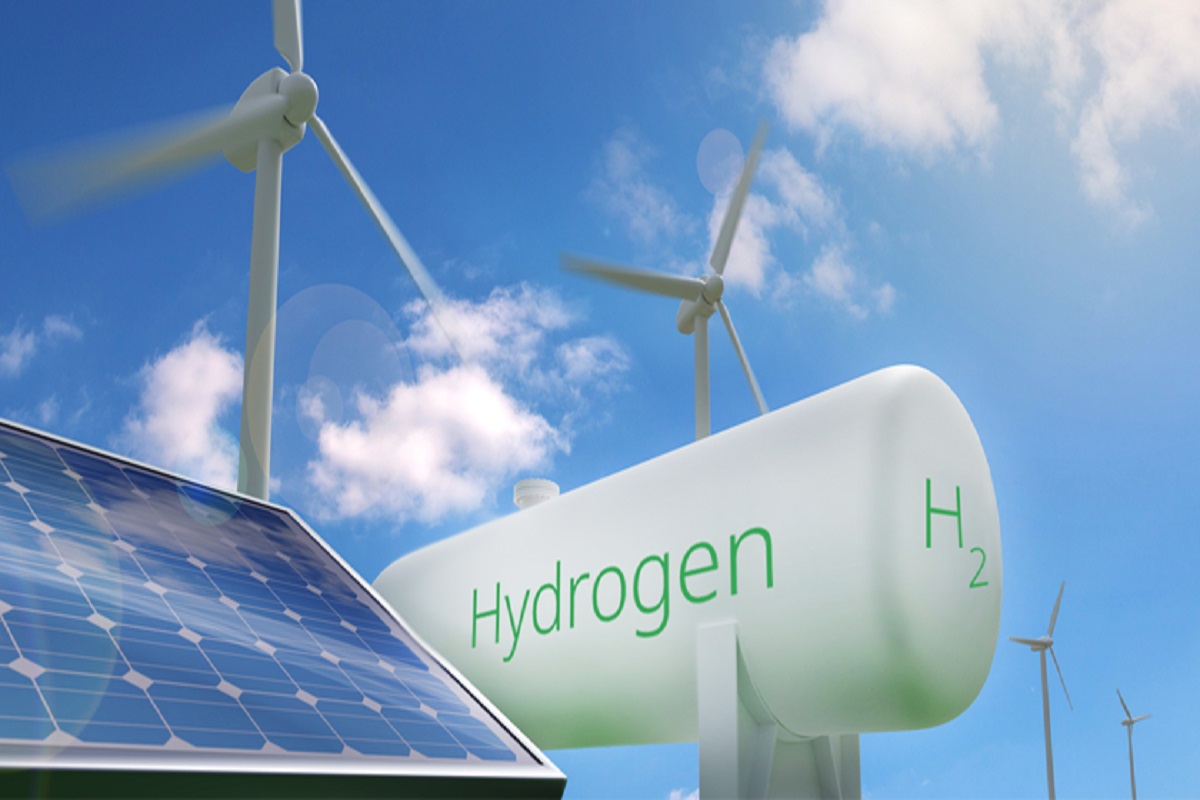In the quest for a sustainable and clean energy future, hydrogen has emerged as a promising contender. With its abundance, high energy density, and zero emissions, hydrogen has the potential to revolutionize the transportation sector. As the world seeks to reduce greenhouse gas emissions and mitigate the impacts of climate change, harnessing the power of hydrogen as a fuel could be a game-changer.

This article explores the reasons why hydrogen could bring about a transportation revolution if it becomes widely adopted as a fuel.
- Clean and Sustainable Energy: Hydrogen stands out as a clean and sustainable energy source. When used in fuel cells, hydrogen combines with oxygen to produce electricity, with water being the only byproduct. This emission-free process presents a significant advantage over conventional internal combustion engines, which release harmful pollutants and contribute to air pollution and climate change. By shifting to hydrogen-powered vehicles, we can drastically reduce greenhouse gas emissions and improve air quality, leading to a healthier and more sustainable environment.
- Versatility: One of the key advantages of hydrogen lies in its versatility. Hydrogen can be used in a wide range of vehicles, including cars, trucks, buses, trains, ships, and even airplanes. This flexibility makes it a viable option for transforming the entire transportation sector. By adopting hydrogen fuel cell technology, we can eliminate reliance on fossil fuels across various modes of transportation, reducing our dependence on oil and contributing to energy diversification.
- Extended Range and Fast Refueling: Range anxiety and long refueling times have often been cited as limitations of electric vehicles. However, hydrogen-powered vehicles offer a solution to these challenges. Hydrogen fuel cell vehicles can provide extended driving ranges, comparable to those of traditional internal combustion engines.
Additionally, refueling a hydrogen vehicle takes a similar amount of time as filling up a conventional vehicle with gasoline, addressing the issue of lengthy charging times associated with electric vehicles. This advantage ensures that hydrogen-powered vehicles offer convenience and a seamless transition for consumers.
Leave a Reply